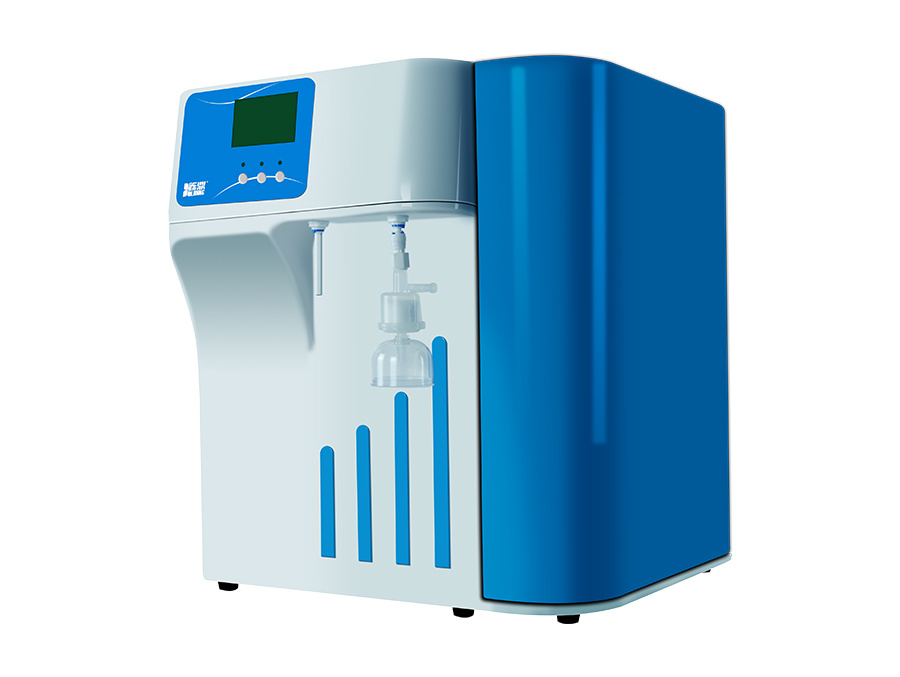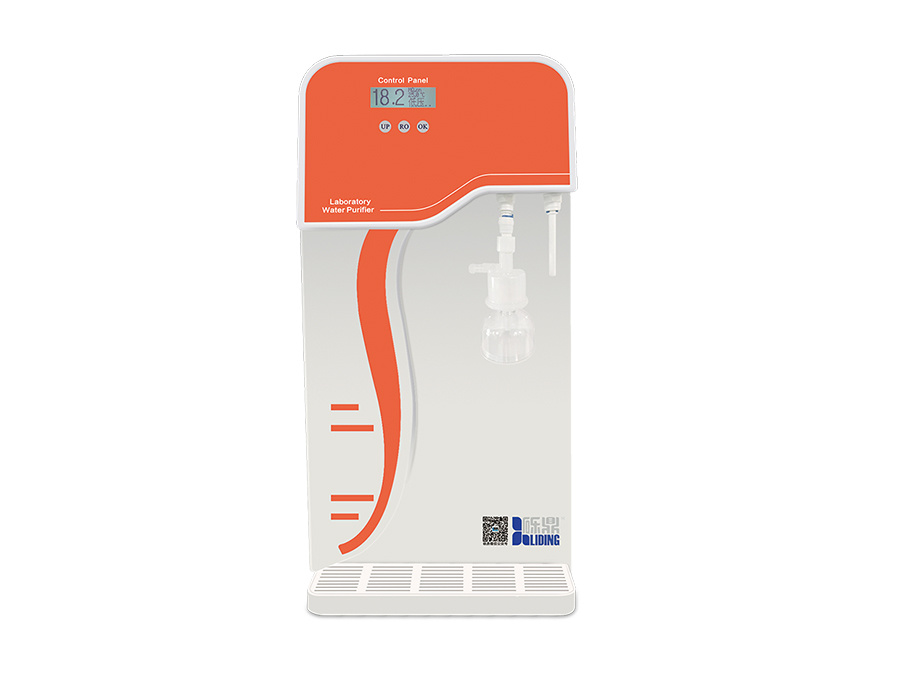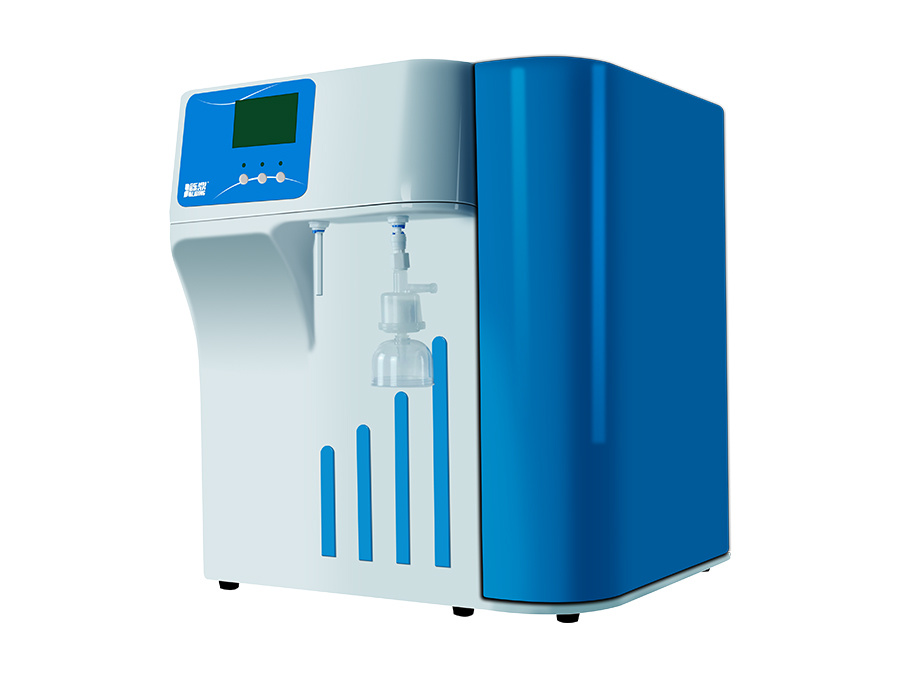How an Ultrapure Water Purification System Enhances Your Facility's Efficiency
Time:
Apr 22,2025
How an Ultrapure Water Purification System Enhances Your Facility's Efficiency
Table of Contents
- 1. Introduction to Ultrapure Water Purification
- 2. The Importance of Ultrapure Water in Industrial Applications
- 3. The Technology Behind Ultrapure Water Systems
- 4. Key Benefits of Using an Ultrapure Water Purification System
- 5. Enhancing Facility Efficiency through Water Purification
- 6. Case Studies: Success Stories of Ultrapure Water Systems
- 7. Frequently Asked Questions
- 8. Conclusion
1. Introduction to Ultrapure Water Purification
The demand for high-quality water across various industries has led to the adoption of ultrapure water purification systems. These systems are designed to remove nearly all contaminants, ensuring that the water meets stringent quality standards. But how exactly does an ultrapure water purification system work, and why is it essential for your facility?
2. The Importance of Ultrapure Water in Industrial Applications
Ultrapure water is critical in sectors such as pharmaceuticals, electronics manufacturing, and power generation. The **purity of water** can directly impact product quality, process efficiency, and equipment longevity. In pharmaceutical applications, even the slightest impurity can lead to significant quality control issues, while in electronics, contaminants can lead to defects in semiconductors. Thus, having an ultrapure water purification system in place is essential for maintaining quality and operational efficiency.
2.1 Quality Assurance
**Quality assurance** is paramount in any industrial setting. Ultrapure water systems employ processes like reverse osmosis, distillation, and deionization to ensure that the water is devoid of harmful ions, organic materials, and particulates. This meticulous purification process helps industries avoid costly reworks and ensures compliance with regulatory standards.
2.2 Environmental Compliance
As industries are increasingly held accountable for their environmental impact, the need for ultrapure water systems extends beyond quality assurance. Many regulations require specific water purity levels to minimize environmental effects, making these systems not just beneficial but necessary for compliance.
3. The Technology Behind Ultrapure Water Systems
Understanding the technology behind ultrapure water purification systems can help facility managers appreciate their value.
3.1 Reverse Osmosis (RO)
Reverse osmosis is a widely used technology that forces water through a semi-permeable membrane, effectively removing contaminants. This process is essential for achieving the high purity levels required in various applications.
3.2 Deionization (DI)
Deionization involves removing ions from water, which is crucial for eliminating electrical conductivity. This is especially important in industries where even minute electrical conductivity can lead to significant issues.
3.3 Ultraviolet (UV) Light Treatment
Ultraviolet light treatment is often used in conjunction with other purification methods to eliminate microorganisms. This adds an extra layer of safety, ensuring that the water is not only pure but also free from harmful bacteria and viruses.
4. Key Benefits of Using an Ultrapure Water Purification System
Investing in an ultrapure water purification system offers several compelling advantages:
4.1 Improved Product Quality
Utilizing ultrapure water can greatly enhance the quality of end products. In industries like pharmaceuticals and cosmetics, the purity of water can be a determining factor for product effectiveness and safety.
4.2 Operational Efficiency
With a dedicated ultrapure water system in place, facilities can streamline their processes. This ensures that production can occur without interruptions due to water quality issues, ultimately leading to cost savings.
4.3 Cost Savings
While the initial investment in ultrapure water systems may seem high, the long-term cost savings are significant. Reduced downtime, fewer product reworks, and decreased scale buildup in machinery translate into financial benefits.
4.4 Enhanced Equipment Longevity
Using ultrapure water can dramatically extend the lifespan of equipment by preventing corrosion and scaling. This not only reduces maintenance costs but also decreases the need for frequent replacements.
5. Enhancing Facility Efficiency through Water Purification
Efficiency in operations is a critical concern for any facility. By integrating an ultrapure water purification system, organizations can enhance their overall operational efficacy.
5.1 Streamlined Processes
Purified water allows for more consistent and streamlined processes across various operations. When water quality is assured, the likelihood of process interruptions decreases.
5.2 Energy Efficiency
Ultrapure water systems are designed to be energy-efficient. With reduced energy consumption and minimized waste, these systems contribute to a more sustainable operational model.
5.3 Scalable Solutions
Many ultrapure water purification systems can be easily scaled to meet the growing demands of a facility. This adaptability ensures that as production increases, water quality remains uncompromised.
6. Case Studies: Success Stories of Ultrapure Water Systems
Examining real-world applications of ultrapure water purification systems can illuminate their effectiveness.
6.1 Pharmaceutical Manufacturing
A prominent pharmaceutical company implemented an ultrapure water system to address quality control issues related to contamination in their production line. As a result, they noted a 30% reduction in product rework and a significant increase in compliance with regulatory standards.
6.2 Semiconductor Manufacturing
In the semiconductor industry, a leading manufacturer faced challenges with particle contamination affecting yield rates. By installing an ultrapure water system, they achieved a 20% increase in production efficiency and a decrease in defects.
7. Frequently Asked Questions
7.1 What is ultrapure water?
Ultrapure water is water that has been purified to an extremely high level, removing nearly all contaminants, including ions, organics, and microorganisms.
7.2 How does an ultrapure water purification system work?
These systems typically utilize a combination of reverse osmosis, deionization, and UV treatment to ensure the water meets high purity standards.
7.3 What industries benefit from ultrapure water systems?
Industries such as pharmaceuticals, electronics manufacturing, and power generation significantly benefit from ultrapure water systems.
7.4 Are ultrapure water systems expensive to maintain?
While there may be initial costs, the long-term savings in operational efficiency, reduced rework, and equipment longevity often outweigh these expenses.
7.5 How can I determine if my facility needs an ultrapure water system?
Assess the quality requirements of your products and processes. If water quality is critical to your operations, investing in an ultrapure water system is advisable.
8. Conclusion
The implementation of an ultrapure water purification system is not merely a choice; it is a vital investment in enhancing your facility's efficiency and operational effectiveness. By ensuring the highest quality water, facilities can improve product quality, streamline operations, and save costs in the long run. As industries continue to prioritize quality and compliance, ultrapure water systems will emerge as indispensable tools for meeting these demands.
RELATED NEWS








